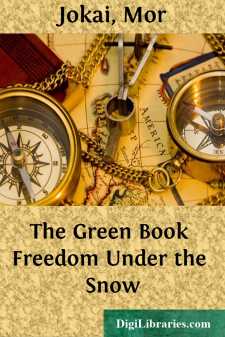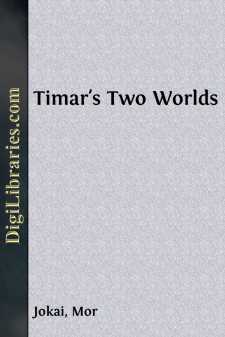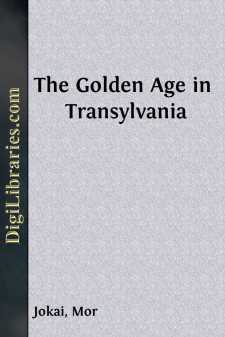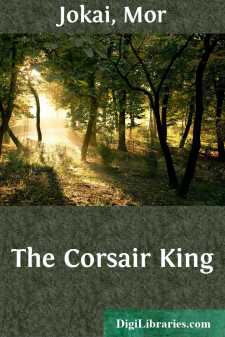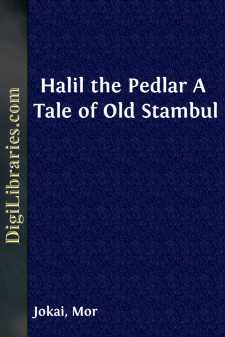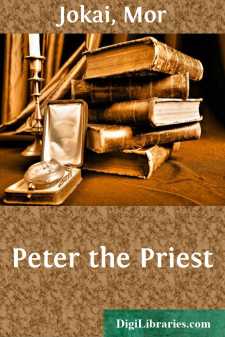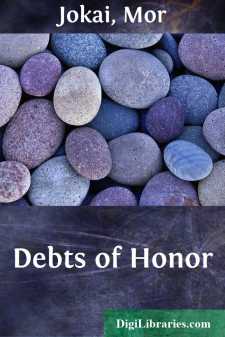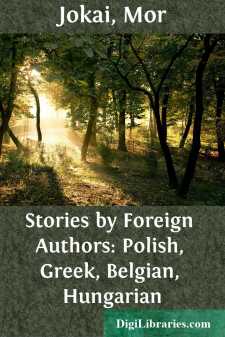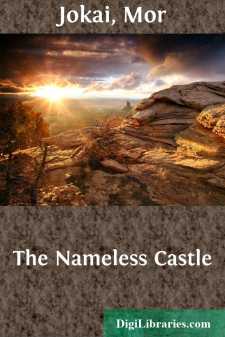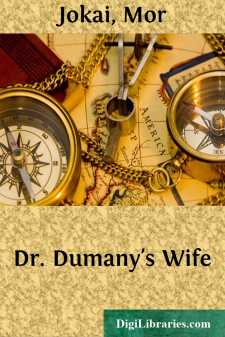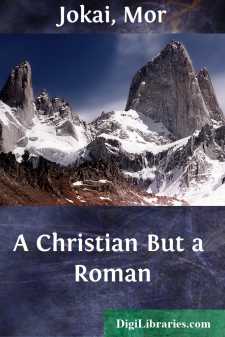Categories
- Antiques & Collectibles 13
- Architecture 36
- Art 48
- Bibles 22
- Biography & Autobiography 813
- Body, Mind & Spirit 142
- Business & Economics 28
- Children's Books 17
- Children's Fiction 14
- Computers 4
- Cooking 94
- Crafts & Hobbies 4
- Drama 346
- Education 46
- Family & Relationships 57
- Fiction 11829
- Games 19
- Gardening 17
- Health & Fitness 34
- History 1377
- House & Home 1
- Humor 147
- Juvenile Fiction 1873
- Juvenile Nonfiction 202
- Language Arts & Disciplines 88
- Law 16
- Literary Collections 686
- Literary Criticism 179
- Mathematics 13
- Medical 41
- Music 40
- Nature 179
- Non-Classifiable 1768
- Performing Arts 7
- Periodicals 1453
- Philosophy 64
- Photography 2
- Poetry 896
- Political Science 203
- Psychology 42
- Reference 154
- Religion 513
- Science 126
- Self-Help 84
- Social Science 81
- Sports & Recreation 34
- Study Aids 3
- Technology & Engineering 59
- Transportation 23
- Travel 463
- True Crime 29
The Green Book Freedom Under the Snow
by: Mor Jokai
Description:
Excerpt
CHAPTER I
SNOW ROSES
A blizzard is covering the roads with a thick coating of snow. The horses are up to their fetlocks in it. The dark-green firs bend beneath its weight, and what has melted in the midday sun already hangs from the slender branches of the undergrowth in thick masses of icicles; and as the wind sweeps through the forest the ice-covered leaves and branches ring and jingle like fairy bells.
Ever and anon the moon shines out from amid the fast-flying clouds; then, as though it has seen enough, hides itself again under the ghostly mist. The sighing of the wind through the forest is like the trembling of fever-stricken nature. In the stillness of night, through the pathless forest, rides a troop of horsemen. Their little long-maned horses sniff their way with low, sunk necks; by the shaggy fur caps of their riders, and their long lances hanging far back at their sides, they are to be recognized as a party of Don Cossacks.
They ride in battle array. In the van a picket with drawn carbines; next to them a detachment; then a cannon drawn by six horses. After that follow a large body of men; then, again, a mounted gun and artillerymen. Behind these another troop of mounted horsemen, and another gun-carriage drawn by six horses. But to this the cannon is wanting. In its stead a human form lies bound. The head hangs down over the back of the rattling carriage, and as the moon ever and anon peeps out from between the clouds, it discloses a face distorted with agony, from which all trace of hair on head or beard has been cut awayâperhaps dragged out. The eyes and mouth are wide open. A coarse horsecloth covering is fastened underneath the man. A corner of it drags along the snow-covered ground. From it every now and then a drop of blood fallsâa sign that, in bleeding, the man still lives. The drops of blood in the snow fantastically change, as they fall, into roses. Red flowers on the white snow-field! The ghost-like procession disappears in the mist.
Keeping carefully to one side, but ever following closely on the track of the soldiers, is a horseman, also mounted on a long-maned, broad-headed pony. He wears a thick fur coat; a fur-bordered czamarka is on his head; icicles hang from his long beard. He rides slowly and cautiously, his horse taking long strides, as though its master were seeking something on the ground. Then, as often as he sees a red rose upon the snow, he dismounts, kneels, and with a golden spoon he takes up the crystallized token and places it in an enamelled reliquary, then rides on to the next.
The way leads without interruption through a primeval forest. It is the forest of Bjelostok. Only there, in all Europe, are bisons to be met with. There no sound of axe is ever heard; storms alone bring down the giant trees. One forest arises out of the decay of the former. Beeches, oaks, limes, vie in height with tall pines. In the dead of night resound the shriek of the lynx, and the roar of the female bison anxiously calling for its sucking calf. But no human sound is to be heard. No human dwelling is near. Had not the path through the forest been a highway, undergrowth had long since made it impenetrable.
The fallen drops of blood lead the rider on farther and farther. Now they appear at longer intervals. At length the last rose is reached; the track left by the wheels of the gun carriage is now his only guide. The horseman continues to follow it. The man bound to the gun-carriage is assuredly dead by this time. If dead, they will as surely bury him somewhere.
Upon the endless solitary forest follow towns equally void of human beings. On the banks of a great river stand two towns facing one another, marked upon maps of a former century as still fortified places, but now only to be classed among ruins. At that time they were specified by name, Kazimir and Ivanowicze, I believe. Now their very names are lost to history. Fallen walls, heaps of bricks and stones everywhere. Nettles grow rank in the snow-covered squares and streets; castles, churches, and temples are overgrown with briers to the very roofs. The broad river is frozen over; from out the ice rise the piles of a half-burned drawbridge, near to which stretches a track across the snow....


